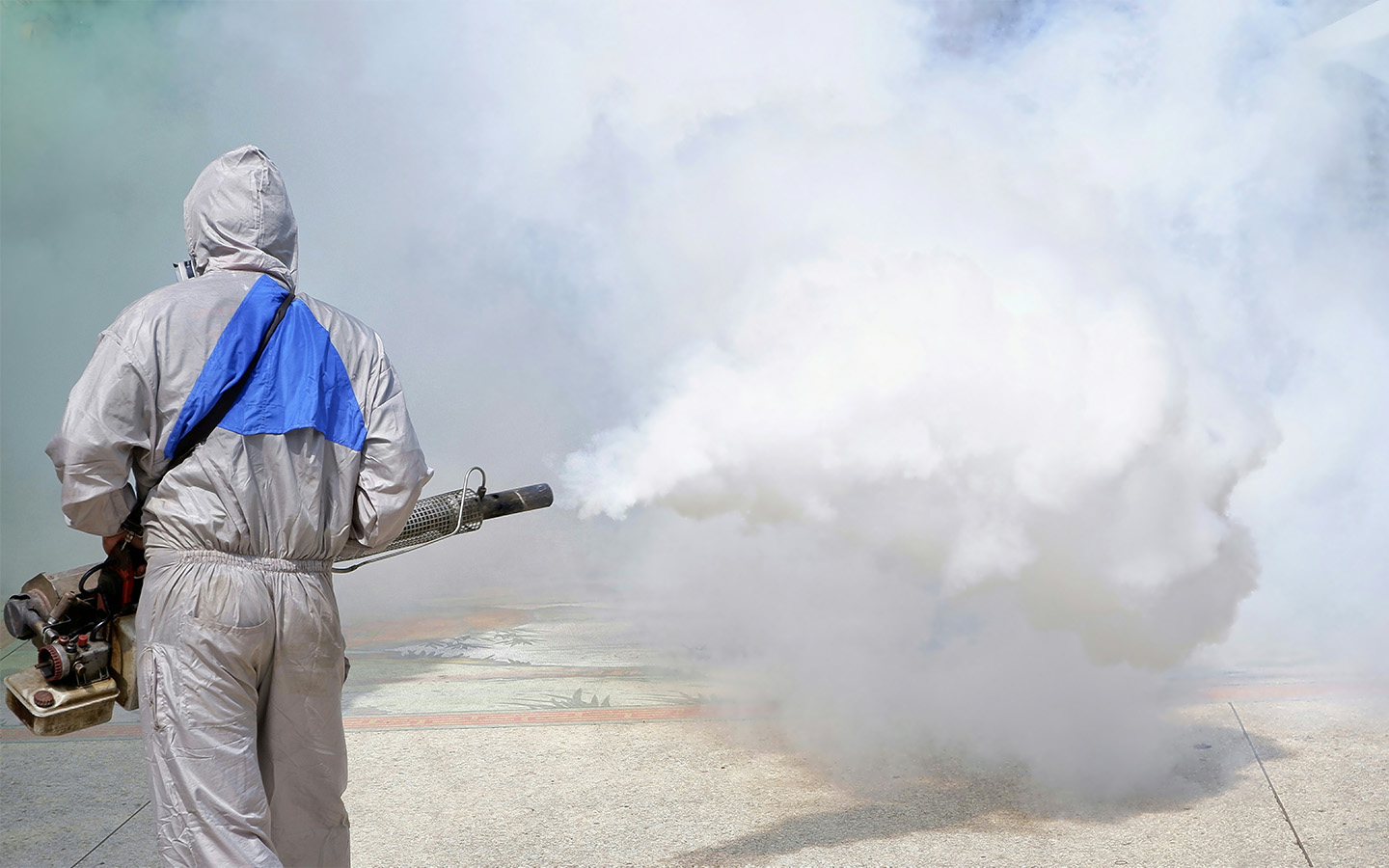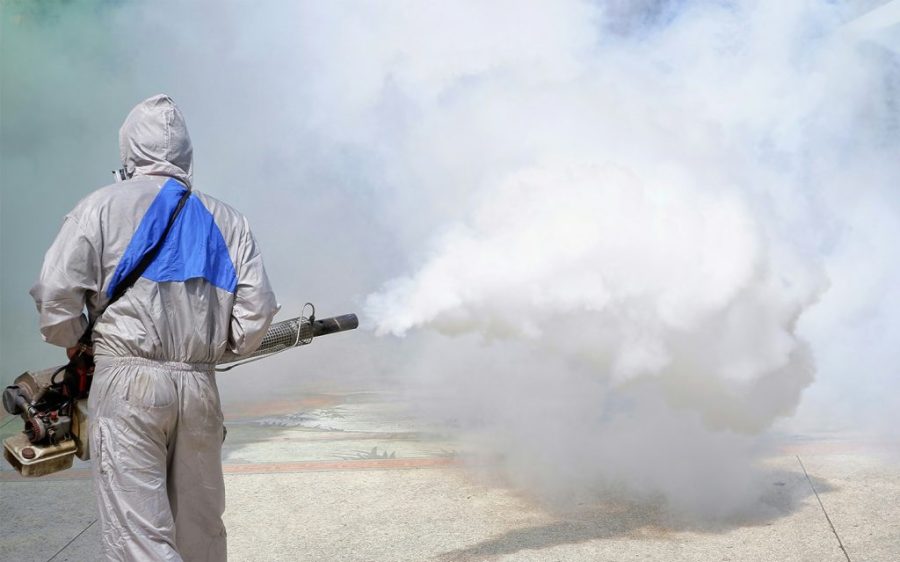Chikungunya fever is rapidly spreading across Foshan in Guangdong province, with the city’s five districts collectively recording 3,645 cases of the mosquito-borne disease this year, as of Wednesday. Foshan is some 120 kilometres from Macao.
According to the World Health Organisation, chikungunya is spread by the Aedes aegypti and Aedes albopictus mosquitoes and results in symptoms that are akin to dengue fever, including fever, headache, rash, joint pain and fatigue.
By locality, Shunde district reported 3,317 cases, making it the jurisdiction with the greatest number of patients. Most of the cases in Shunde originated from the counties of Lecong, Beijiao and Chencun.
Chancheng district recorded the second highest number of cases, with a total of 178 infections. This was followed by Nanhai district (141 cases), Sanshui district (6 cases) and Gaoming district (3 cases).
In response to the growing number of cases in Foshan, the National Disease Control and Prevention Administration (NDCPA) recently dispatched a task force to the city to provide guidance and to ensure that measures to control the spread of the disease are being carried out effectively.
In remarks reported by Chinese-language media, the deputy director of the NDCPA Sun Yang described the chikungunya pandemic in Guangdong province as “relatively serious,” noting that the regional spread of the virus was still at peak levels.
[See more: Macao remains on high alert as chikungunya fever spreads regionally]
The Guangdong health authorities have stepped up their efforts to boost the public’s awareness of preventive measures by publishing a notice yesterday with various recommendations. These include clearing out receptacles with standing water to prevent mosquitoes from breeding, using nets and other anti-mosquito gear, as well as reporting mosquito breeding sites.
Macao is also facing the threat of chikungunya, as the city recorded its first and second imported cases of the virus over the past week. On top of this, the territory has registered multiple cases of dengue fever and malaria this month.
In order to lower the risk of an outbreak, the Health Bureau said at a press conference this week that it had taken preventive measures, which included 1,220 rounds of chemical spraying and 7,400 instances of mosquito monitoring so far this year.
To limit the spread of chikungunya and dengue fever through blood transfusion, local authorities announced yesterday that those wishing to donate blood, but are exhibiting symptoms typical of these diseases, would have their appointments delayed by six weeks.
The spread of mosquito-borne disease in Macao remains an issue, with the city’s infectious disease chief, Leong Iek Hou, stating that the emergence of such viruses remained “high” due to the busy summer travel period, the leftover water from the typhoon and the jump in regional infections.
Meanwhile, the World Health Organisation stated on Tuesday that 5.6 billion people from 119 nations were at risk of being infected with chikungunya and other diseases transmitted by mosquitoes.






